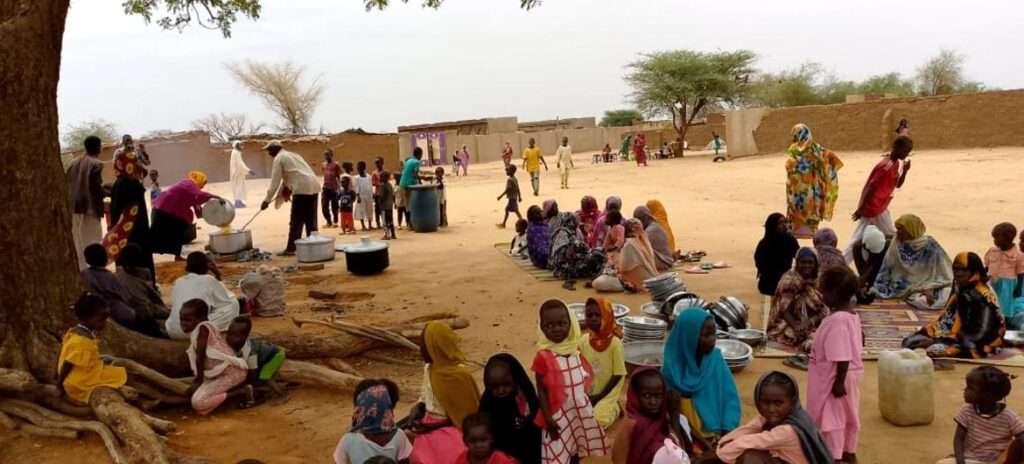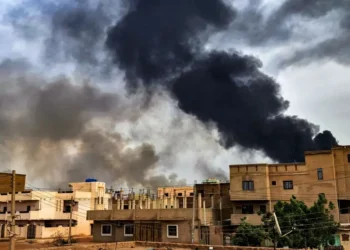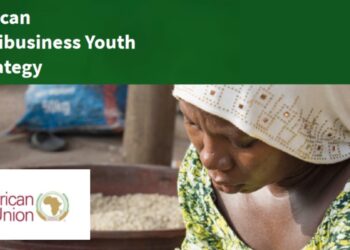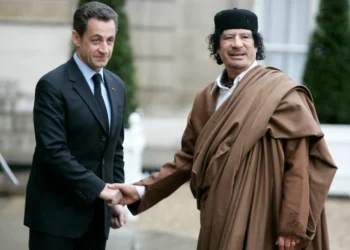Sudan’s escalating political turmoil deepened this week as the paramilitary Rapid Support Forces (RSF) declared a rival Sudanese government in areas under their control, prompting global alarm over the potential for a national split.
The announcement comes amid widespread displacement, humanitarian suffering, and renewed conflict in Darfur.
In a Telegram statement, RSF leader Mohamed Hamdan Daglo stated, “We proudly declare the establishment of the Government of Peace and Unity, a broad coalition that reflects the true face of Sudan.”
Daglo’s announcement builds on a charter signed in February in Kenya, where the RSF and allied groups committed to forming a “government of peace and unity” across territories they dominate. He added that the coalition has now endorsed a transitional constitution, “a roadmap for a new Sudan”, which establishes a 15-member presidential council “representing all regions, symbolizing our voluntary unity.”
While RSF leaders tout this as a step toward inclusive governance, analysts and observers warn it signals deepening fractures within Africa’s third-largest country.
Sharath Srinivasan, a Sudan expert at the University of Cambridge, said the situation could soon lead to permanent territorial division. “The territorial division that’s occurring could mean a de facto separation.”
Sudan Tensions Raise Partition Concerns
United Nations coordinator Clementine Nkweta-Salami painted a bleak picture of the humanitarian toll on the country.
“In these two years, the lives of millions have been shattered. Families have been torn apart. Livelihoods have been lost. And for many, the future remains uncertain.”
Clementine Nkweta-Salami
The war, which erupted in Khartoum in 2023, has devastated communities across Sudan. Hundreds of thousands were forced to flee, while those who stayed faced severe shortages and violence. RSF forces, in particular, have been accused of widespread looting and sexual assaults in areas they control.
“I’ve lost half my bodyweight,” shared 52-year-old Abdel Rafi Hussein, who endured months in RSF-held Khartoum before the army retook the capital last month. “We’re safe (now), but still, we suffer from a lack of water and electricity and most hospitals aren’t working.”
As RSF intensifies its campaign in Darfur, El-Fasher — the last major city in the region outside their control — has come under siege. The RSF also claimed control over the Zamzam displacement camp on Sunday.

According to the United Nations, more than 400 civilians have been killed in recent days. Meanwhile, the International Organization for Migration estimates that 400,000 people have fled from the famine-stricken camp as RSF forces advanced.
On Tuesday, April 15, the Sudanese army said it had launched “successful air strikes” on RSF positions northeast of El-Fasher.
The conflict has drawn strong condemnation from international actors. At a recent donor conference in London, several nations reiterated calls for peace, although neither the army nor RSF were represented.
European leaders pushed for “an immediate and permanent ceasefire” while pledging over €800 million ($900 million) in new aid. Other stakeholders, including the African Union, emphasized “the necessity of preventing any partition of Sudan”.
Meanwhile, U.S. State Department spokeswoman Tammy Bruce accused RSF forces of deliberately targeting civilians. “We are deeply alarmed by reports the RSF has deliberately targeted civilians and humanitarian actors in Zamzam and Abu Shouk,” she said.
Elsewhere, G7 foreign ministers meeting in Canada issued a joint statement demanding an unconditional ceasefire. The group urged both sides to “engage meaningfully in serious, constructive negotiations” to end the fighting.
Though precise casualty numbers remain elusive, former U.S. envoy Tom Perriello estimated last year that the death toll could be as high as 150,000.
Despite the bleak outlook, the UN reports a slight shift in the conflict’s dynamic, projecting that 2.1 million displaced persons are expected to return to Khartoum over the next six months, following the army’s recapture of the capital.
As Sudan faces the threat of long-term division and continued human suffering, the international community has intensified calls for a peaceful resolution and the safeguarding of its territorial integrity.
READ ALSO: Minister Defends Government’s Refusal to Repeal L.I. 2462





















